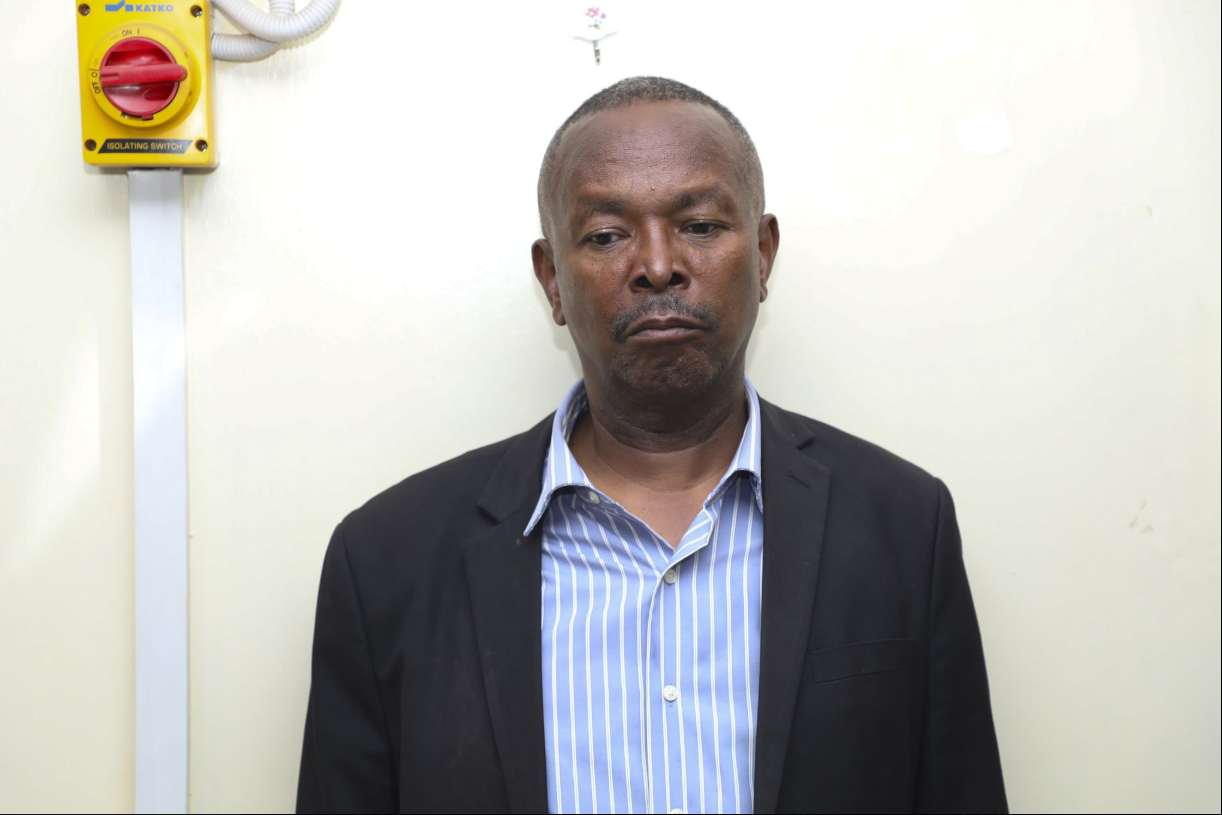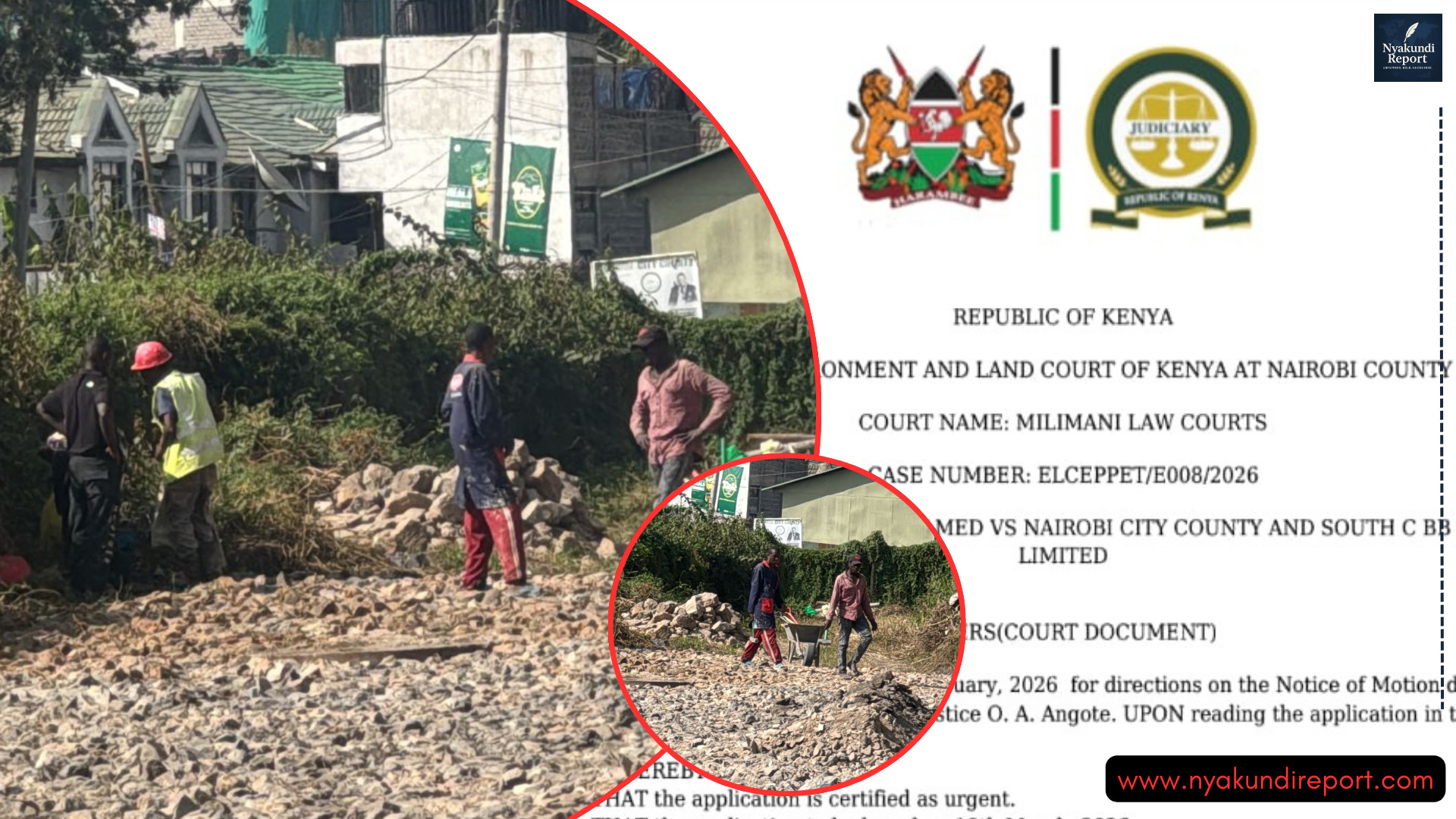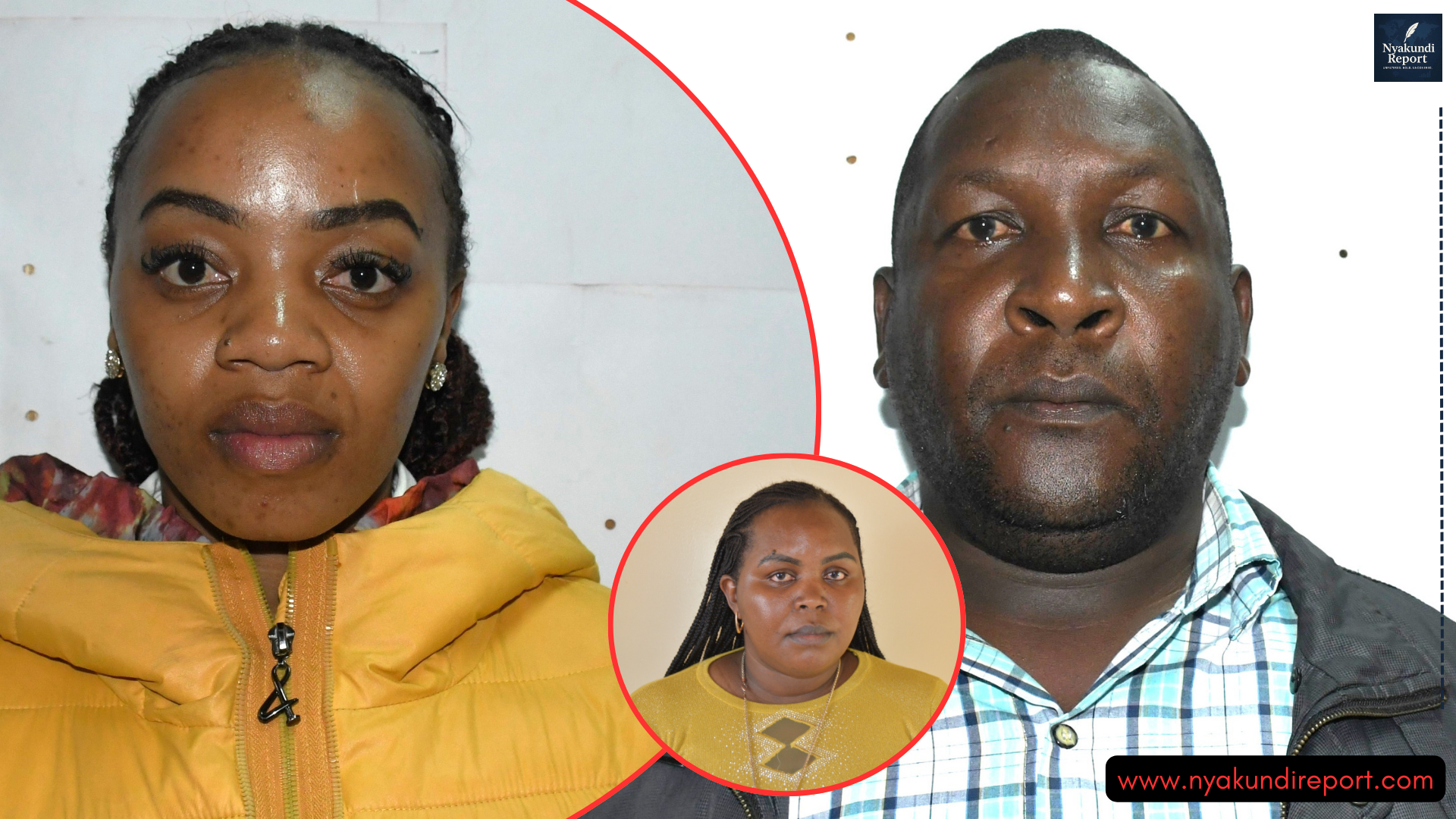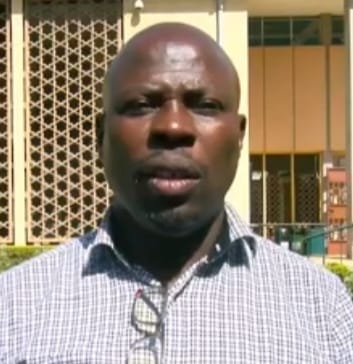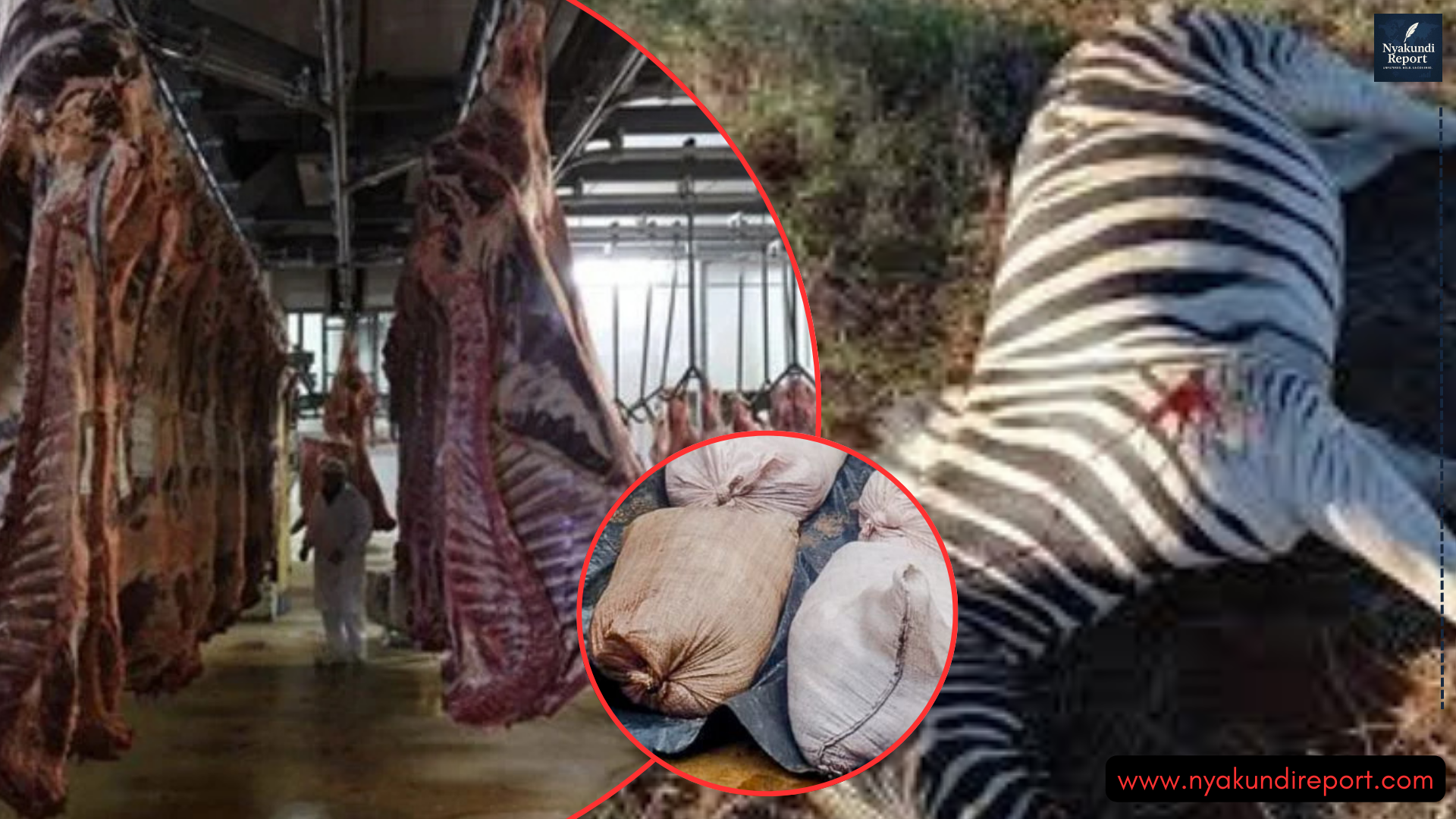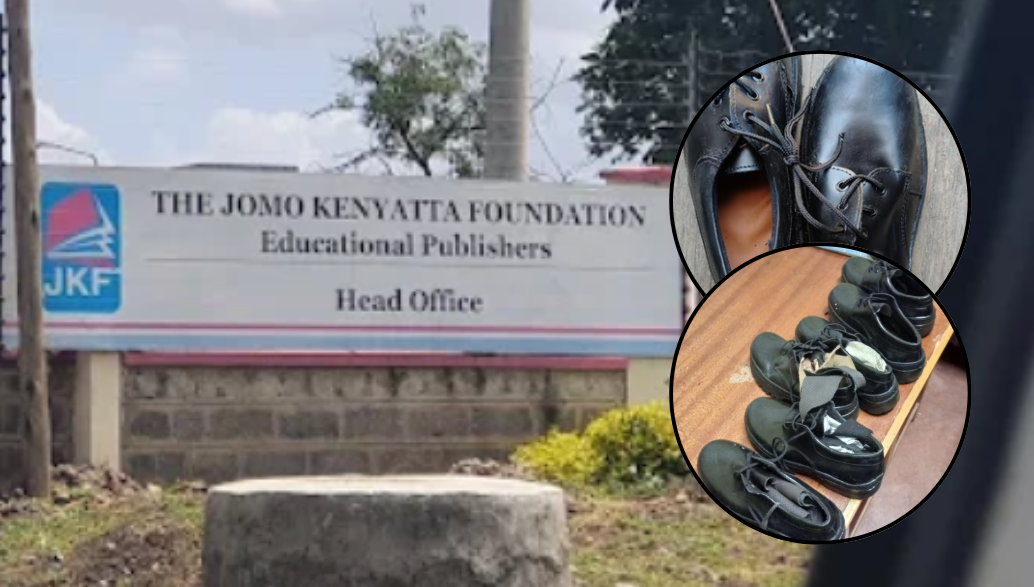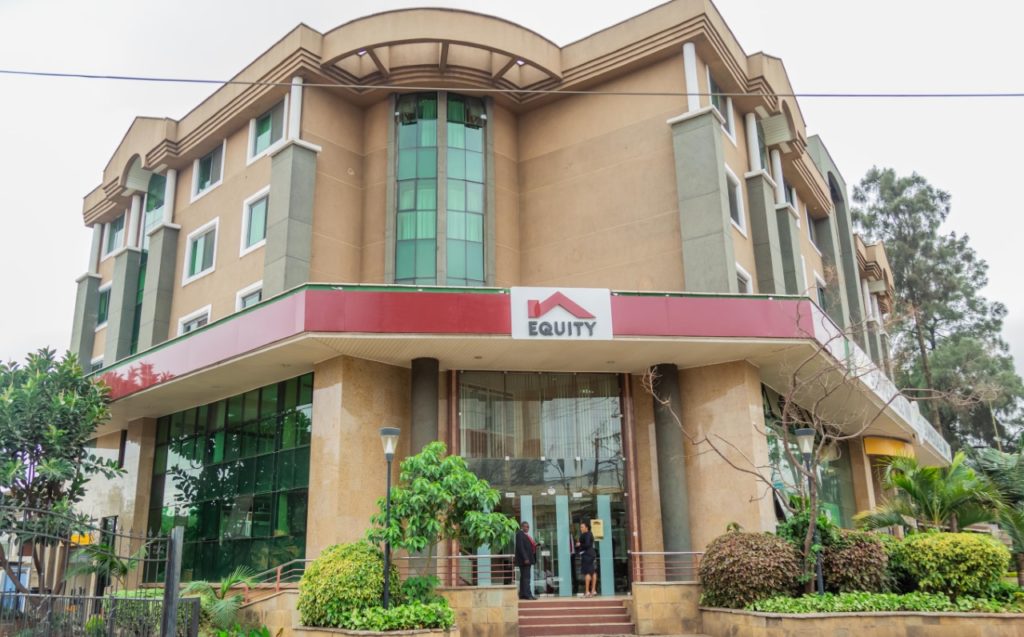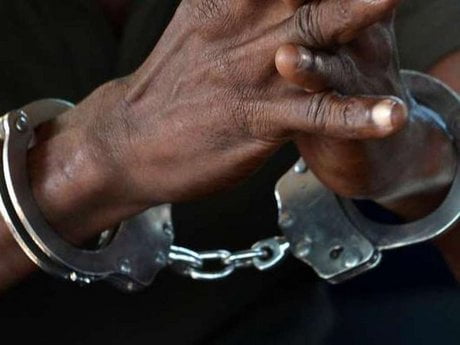Business owners in Kiambu County are reeling from a sudden and unexplained increase in the fees for their Single Business Permits, leaving many small traders questioning the fairness of the new charges.

The sudden rise in fees has sparked confusion and frustration among traders, especially since Governor Wamatangi had previously assured the public that the county government would reduce business permit costs in a bid to support small-scale traders amid ongoing economic challenges.
One business owner, who has requested anonymity, shared an invoice for his business located in Kikuyu Sub County.
The document reveals a startling fee increase, from Ksh 2,500 last year to Ksh 10,860 for the upcoming year.
The increase has caught many off guard, as they have yet to receive any official explanation from the Kiambu County Government regarding this dramatic surge.
The business in question operates as a small retail service.
According to the permit details, the business is categorized under the “small trader” classification, which includes a shop, retail service, as well as a salon offering up to 10 services.
The services covered by this permit span a variety of essential local trades, including small-scale retail, construction, and beauty services, which are crucial to the local economy.
Previously, the business owner paid Ksh 2,500 for a Single Business Permit for the year 2024.
This fee, as per the official permit, granted the right to operate as a small trader in Kikuyu Sub County.
The permit, valid from March 29, 2024, to December 31, 2024, clearly indicated that the business was subject to compliance with various local laws, including the Local Government Act and Public Health Act.
However, this year, the business owner has received an official invoice, which outlines the following charges:
- Single Business Permit Fee: Ksh 2,500
- Fire Safety Fee: Ksh 1,200
- Waste Service Fee: Ksh 1,000
- Public Health Inspection Fee: Ksh 1,200
- Other Miscellaneous Charges: Ksh 5,960
The total amount due for the permit now stands at Ksh 10,860, a sharp increase compared to the previous Ksh 2,500.
The breakdown shows that the business owner is being charged not only for the permit but also for additional services such as fire safety, waste management, and public health inspections, which were previously included in the permit fee.
“Hi Nyakundi. Something funny and annoying is happening here in Kiambu County. After the governor promised to reduce business permit fees, the reality on the ground is far from that. Instead, the county government has gone ahead and increased the Single Business Permit fees without any explanation.
For instance, last year, I paid Ksh 2,500 for my shop’s business permit. This year, I’ve just received an invoice demanding Ksh 10,860. There is no clear explanation from the county authorities on why the charges have skyrocketed, and this has left many of us in a state of confusion and frustration.
What’s even more upsetting is the fact that these new charges seem to come out of nowhere. We were all led to believe that the county was making efforts to reduce the burden on small businesses, but this increase is completely at odds with those promises.
The invoice not only includes the base Single Business Permit fee, but there are additional charges for things like fire safety, waste management, and public health inspections—fees that were supposedly consolidated under a single business permit system, which the governor himself had assured would simplify things.
I have tried reaching out for clarification, but no one has been able to provide any answers. It feels like we are being blindsided by this sudden fee hike.
This is really frustrating, and I’m not the only one. A lot of small traders here in Kiambu are facing the same issue, and we all feel like we are being taken advantage of. We need answers from the Kiambu County Government on why these fees have been raised without prior notice, and more importantly, how they plan to justify this sudden surge.”


The increase in business license fees comes just months after Governor Kimani Wamatangi had reduced the same fees to provide financial relief to traders in Kiambu County. This reduction was part of a broader effort to support businesses during challenging economic times and was widely welcomed by entrepreneurs in the region.
In line with these efforts, the Kiambu County Government introduced a unified business permit system, consolidating multiple charges into one permit. According to Susan Gatwiri, the County Executive Committee Member for Trade and Industry, the new system was designed to reduce costs and complexity for traders by combining fees for waste management, public health inspections, and fire safety.
This initiative had been seen as a welcome relief for local businesses, previously burdened by overlapping fees.
Under the new scheme, a single permit covered several costs, reducing the amount many traders had to pay. For example, small-scale traders running businesses like salons, meat markets, or retail shops saw health inspection fees reduced from Ksh 1,500 to Ksh 500.
Filling stations with fewer than three pumps had their inspection fees cut from Ksh 4,100 to Ksh 2,000, while mobile accessories shops saw a drop in inspection fees from Ksh 4,000 to Ksh 1,500.
These changes were seen as a positive step in alleviating financial pressures on businesses.
Traders also appreciated that the single business permit would be valid for 12 months from issuance, offering greater certainty about financial obligations.
The changes were expected to increase county revenue while making taxes more affordable for small businesses.
Now, however, traders are left bewildered by the unexpected rise in fees.
The increased cost of the Single Business Permit for some traders, like the Kikuyu-based small retail service, contradicts the Governor’s earlier pledge to reduce business permit costs.
This sudden increase has raised questions about the transparency of the fee revision process, and whether it truly aligns with the Governor’s past commitments to reduce the financial strain on traders.
What has particularly frustrated local traders is the absence of any official communication from the Kiambu County Government explaining the increase.
As many small business owners await a clear explanation from the Kiambu County Government, the uncertainty surrounding these new fees could undermine the gains made by previous relief efforts.
It remains to be seen whether the county will reconsider its recent decision or provide clarity to traders who feel blindsided by the increase in fees.

